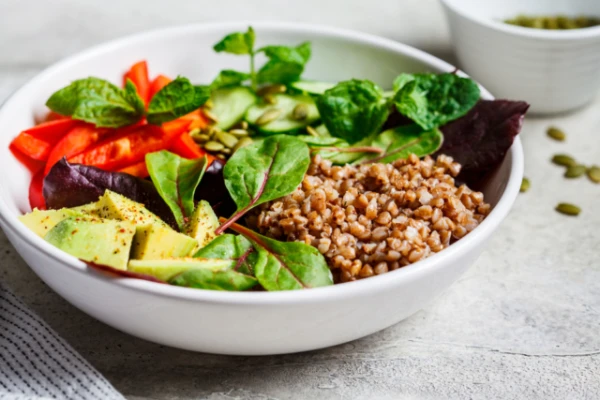
Excess fat can accumulate under the skin, which is called subcutaneous fat, or surround internal organs — this type of fat is referred to as visceral.
Any excess fat is not beneficial; however, visceral fat is considered more dangerous as it is significantly associated with the risk of developing diabetes. Therefore, if the goal is to reduce body fat, one should primarily focus on decreasing visceral fat.
Researchers from the University of Illinois at Urbana-Champaign report in The Journal of Nutrition that avocado effectively combats visceral fat — but only in women. The experiment involved just over a hundred overweight individuals, and some of them consumed a serving of avocado daily for three months.
After twelve weeks, women — but not men — showed a reduction in visceral fat. However, this did not occur due to its expenditure in metabolic processes; rather, as the authors of the study note, the fat simply changed its structure: there was less visceral fat and more subcutaneous fat. This likely did not reflect well on body shape, but one can take comfort in the fact that the fat became less dangerous. The reasons why avocado acts this way and only on women remain unclear.













